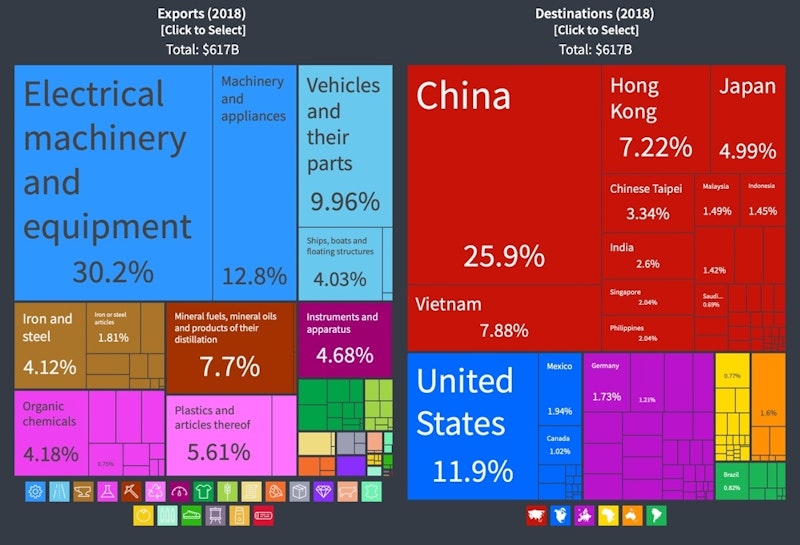Study Notes
Ha Joon Chang on Under-Development
- Level:
- AS, A-Level, IB
- Board:
- AQA, Edexcel, OCR, IB, Eduqas, WJEC
Last updated 19 Mar 2021
Here are some study notes from a talk given by Professor Ha-Joon Chang on "Are some countries destined for under-development?"
Why have some countries been more successful than others in achieving sustained economic development? Whereas others have experienced prolonged periods of under-development.
Broadly three main types of explanations for different development outcomes:
Human agency - what economic agents do (individuals and companies) - government economic strategies, corporate strategy down to individual economic decisions
Structure - how different sectors of the economy (farming, industry) are related to each other determine economic outcomes.
Meta-structure - nature of forces of nature and history beyond the interventions of humans
The latter approach is becoming more prominent and influential in development economics thinking - such as cultural factors, path-dependency from historic forces.
Meta-structural explanations
- Tropical climate impact
- Landlocked countries
- Bad neighbourhood effects
- Natural resource curse driving conflict and corruption
- Ethical diversity - hampering trust and increasing transactions cost for contracts and a factor encouraging violence and conflict within countries
- Poor institutions
- Unhelpful cultural factors including poor work ethic, reluctance to educate
Critical evaluation of meta-structural explanations
Many of these meta-structural explanations confuse "cause" and "symptom"
- Tropical climate impact - many rich high-income countries such as Singapore, South Korea, Japan and Southern Italy have warm climates and suffer tropical diseases, constraints caused by challenge of overcoming tropical climate can be seen as a symptom of under-development
- Landlocked countries - several rich countries including Switzerland and Austria are landlocked. Containerisation / trade can help overcome the trap of being landlocked. Ethiopia and Rwanda both achieving fast growth despite being landlocked. Under-investment in alternative modes of transport is more significant as an explanation for under-development.
- Bad neighbourhood effects - this can be easily overcome by exports - e.g. South Korea mainly exported to the USA and imported coal and iron from Australia which are both more than 6,000km away. India and Bangladesh are located in "bad neighbourhoods" (a part of SE Asia poorer than Sub Saharan Africa) but have done well in the last twenty years.
- Natural resource curse driving conflict and corruption - many countries have successful used their natural resource endowment/abundance to develop. The key is to develop greater complexity and promote economic diversification. South Korean exports used to be dominated by primary sector exports. We tend to emphasise the negative aspects of natural resource abundance rather than thinking more closely about the positive impacts.
- Ethical diversity - hampering trust and increasing transactions cost for contracts and a factor encouraging violence and conflict within countries - Hong Kong and Singapore are officially multi-ethnic nations. Rich countries have succeeded in building a heterogeneous population,
- Poor institutions - two way causation involved here - rapid growth and rising per capita incomes drives demand for better and stronger institutions.
- Unhelpful cultural factors including poor work ethic, reluctance to educate - we should always beware of peddling ethnic stereotypes that experience tells us are almost the polar opposite of reality. Culture matters, but relationship between culture and economic development is highly complex and not suitable for assigning vague traits to explaining economic outcomes.
The effects of these meta-structural factors are often biased in a negative way. Many of these factors can and are changed through human intervention including smarter government, nation-building, cultural and political reforms.


You might also like

Sustainable Development - World Bank Videos on Sustainable Fishing
11th February 2023

Dynamic Efficiency - Emirates Tests Sustainable Aviation Fuel
31st January 2023

Give Directly - Unconditional Cash Transfers to Lift Human Capital
30th January 2023

How to make poor areas richer
20th January 2023

The True Cost of our Obsession with Superfoods
15th January 2023